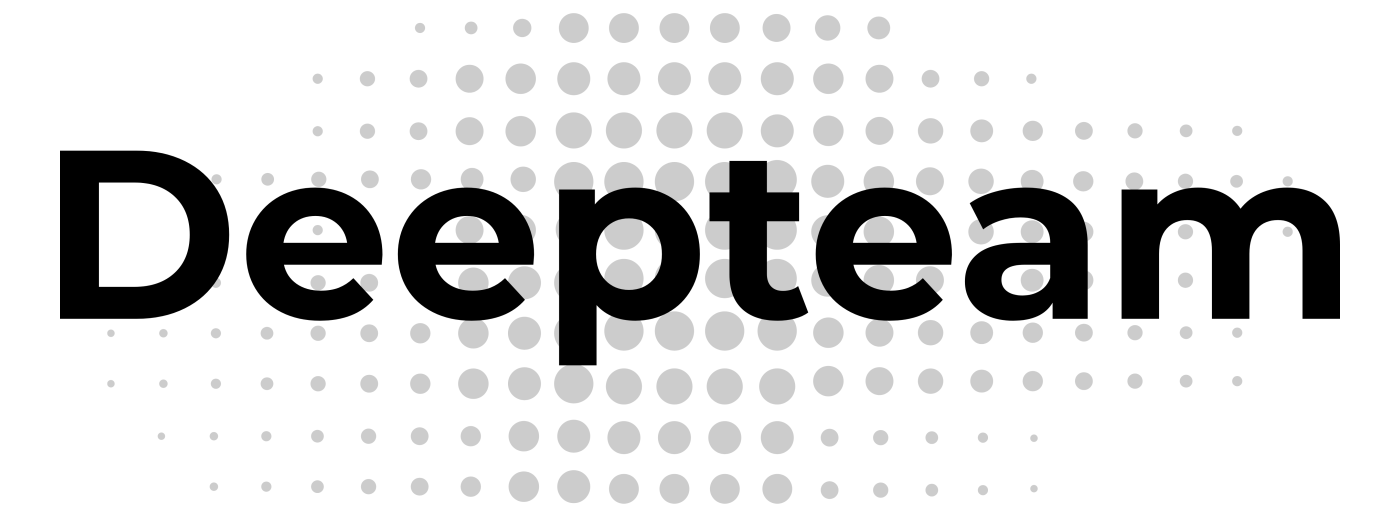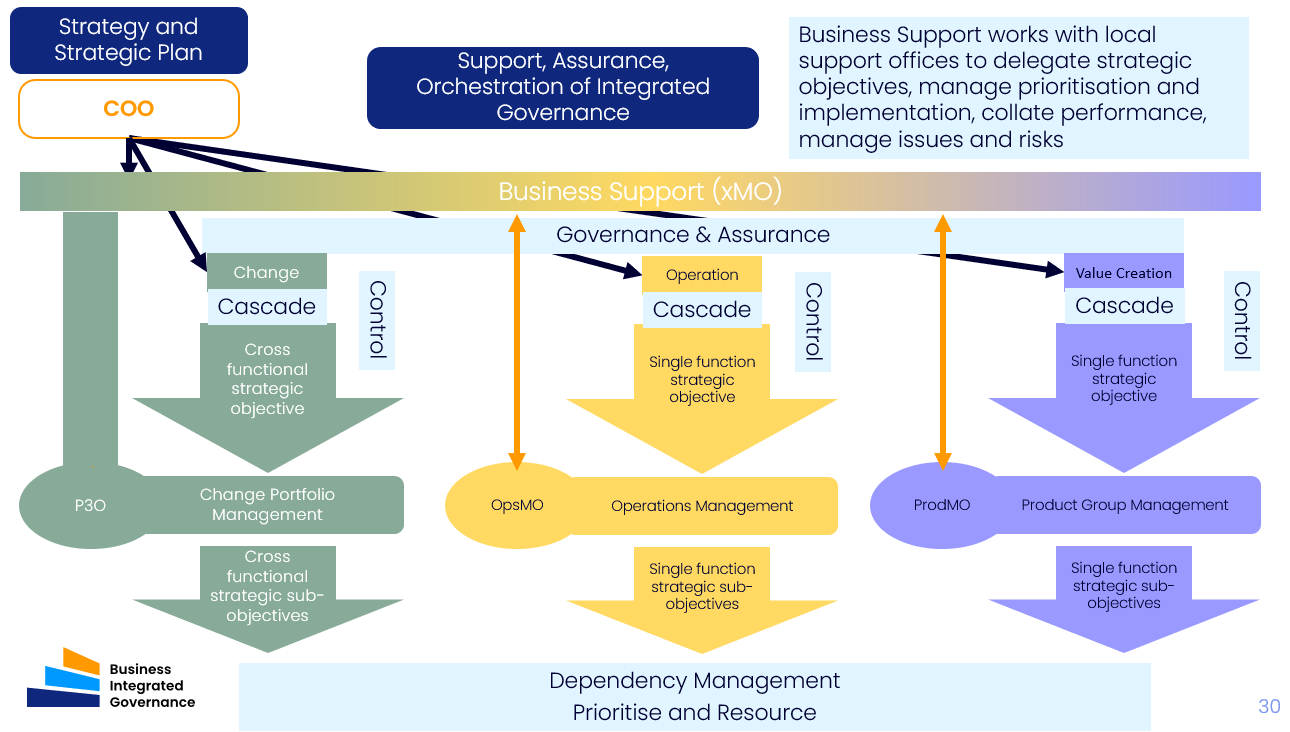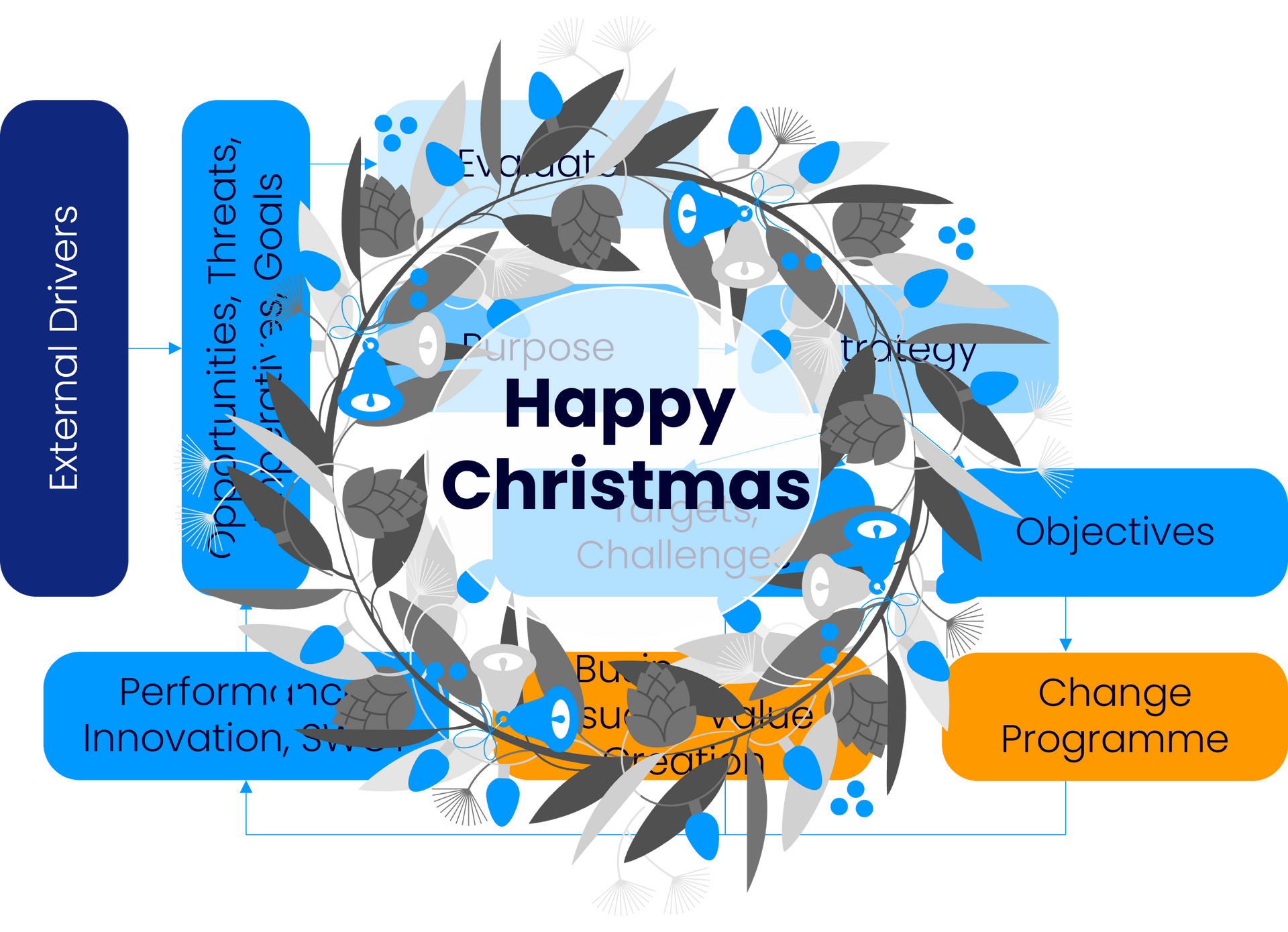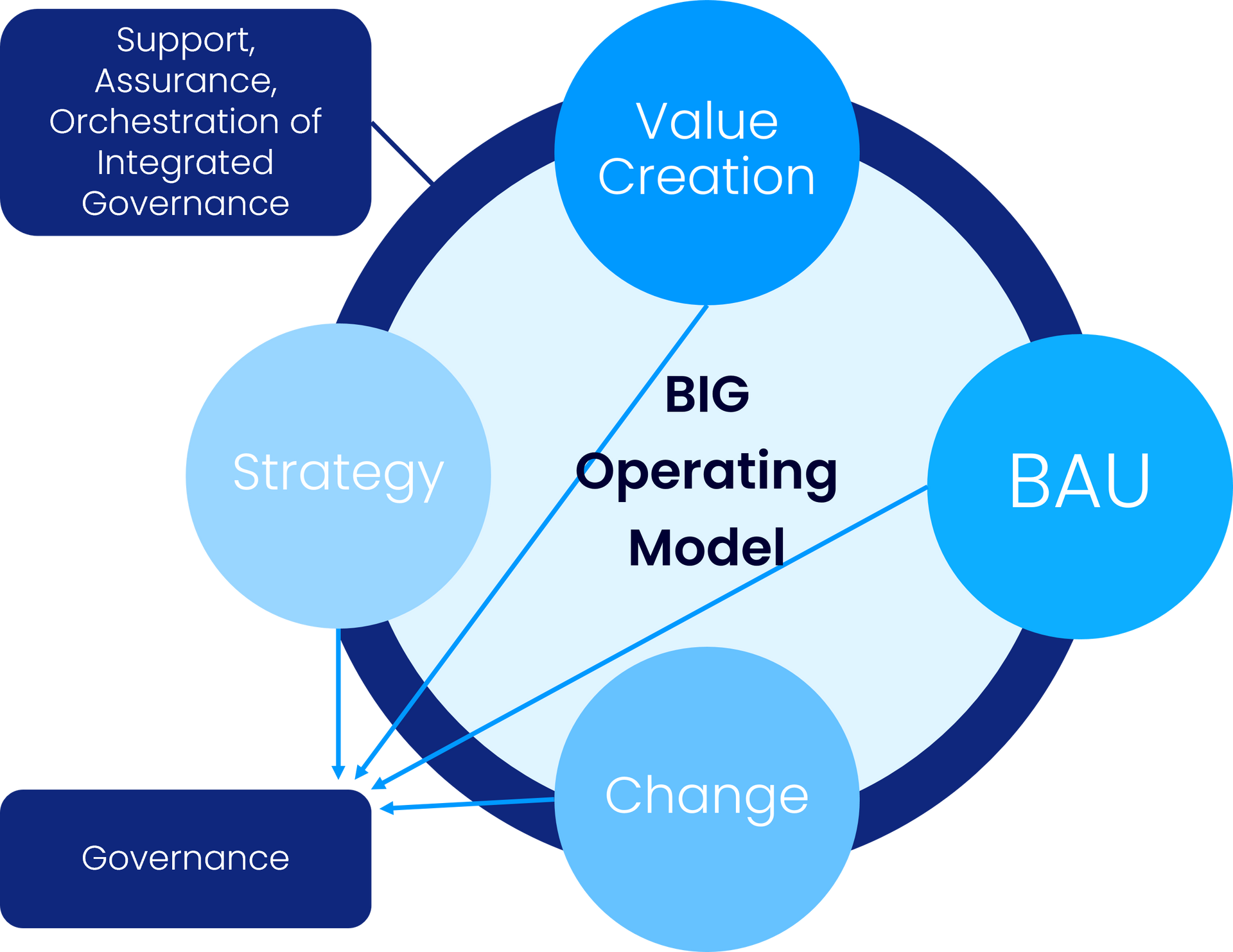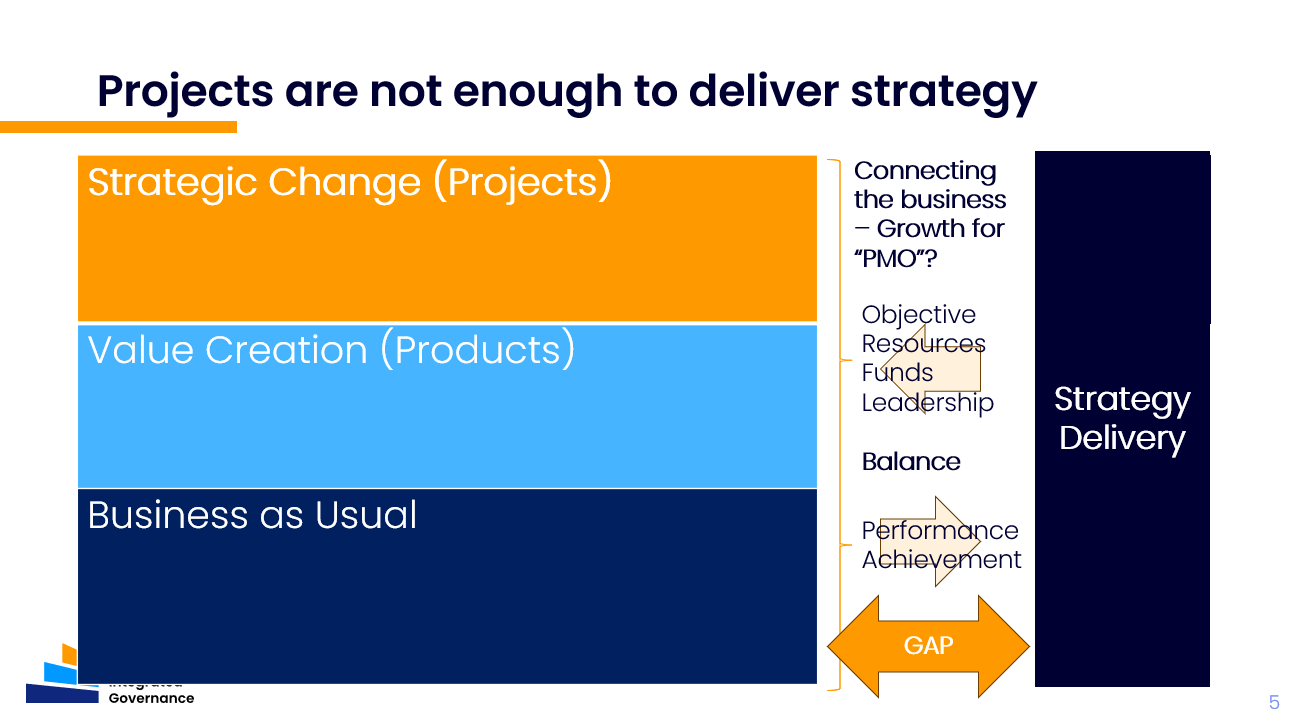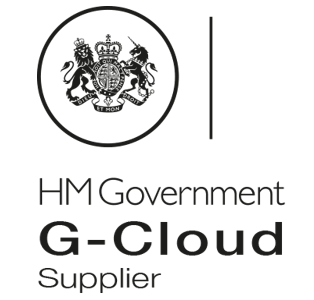See no evil, hear no evil, speak no evil?

Many of us work in parts of the business where we can exert a level of influence and control. We make sure our objectives and targets are addressed. While we all understand the ‘greater good’ – how much of our own selves are we willing to sacrifice in a professional setting for that good?
As team players, we live and die in our teams. Brothers and sisters. We’re in it together, not competing.
As managers, we’ve had some success, and have risen. We’ve beaten others to something they want, we have learned to compete. We have our targets and we focus. Our kids want Nike at Christmas, not Umbro. We can see the greasy pole to seniority. Not so much about brothers and sisters anymore?
As directors, at the peak, life can be more brutal, and we are bonused on the company as a whole.
We’re fending off the young pretenders. How much are we willing to flag up deficiency or opportunity for the organisation if it won’t lead to good for ourselves? Our team members – perhaps we start to ignore them. Other managers (competition?) are they flagging up a self-interest issue? Directors – perhaps there are games going on to maximise my influence, benefit or reputation here too?
People are all rational and community spirted up to a point – but we can’t really tell where that point is with some.
This is why the BIG maturity model is so vital. BIG is cross domain – so issues / drivers that could be called out as politicking / self-serving are that little bit less likely to emerge. The BIG Maturity model takes parochialism out of understanding current state and founding a vision for future state.
If you really do see the greater good first when perhaps others don’t, look at BIG as a way to do business and the BIG Maturity model to de-personalise the issues around making it happen.
Find out more about change and the BIG Maturity model
